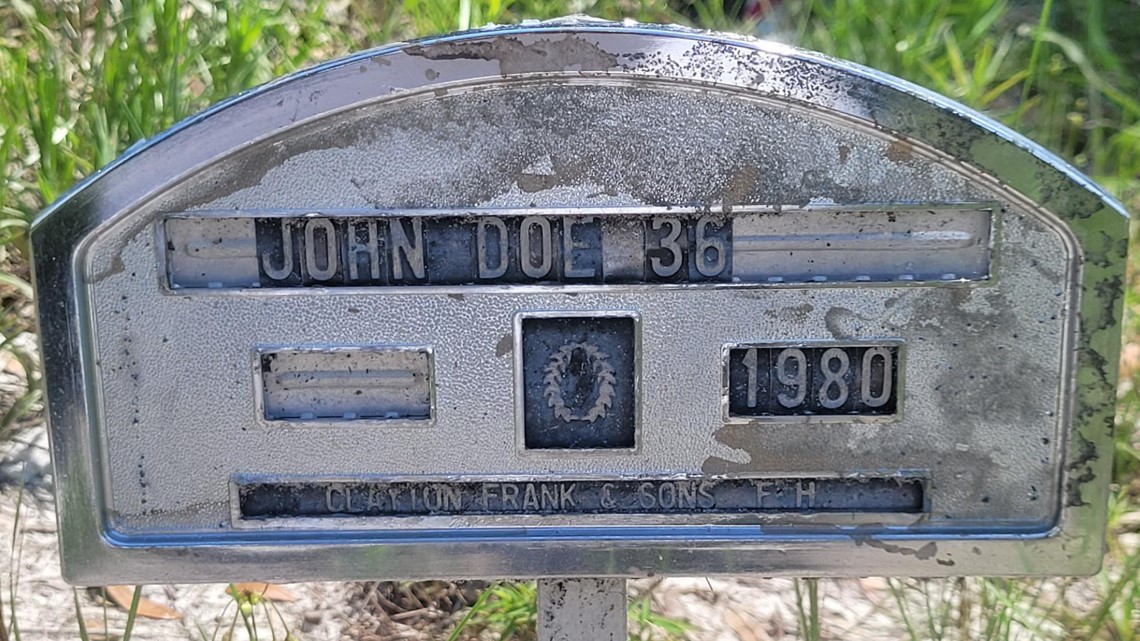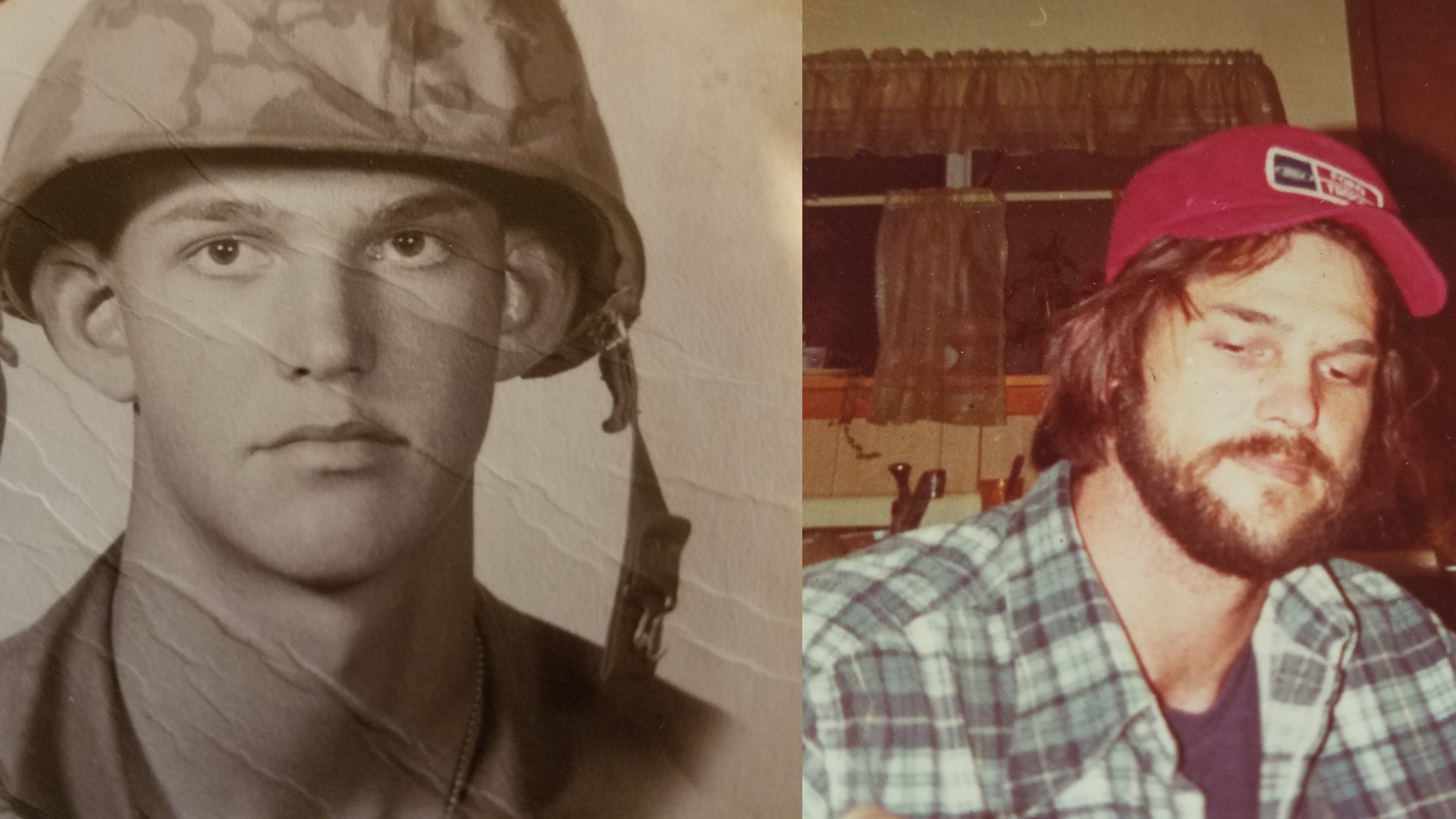PALATKA, Fla. — The victim of a 43-year-old murder cold case has been identified as a Vietnam War veteran and father after a major breakthrough involving DNA evidence.
On Dec. 4, 1980, a deputy on routine patrol found the body of William Irving Monroe III, who died from a gunshot wound to the neck about two to three weeks before his partially buried body was discovered in the area of Sisco Road and Broward Lake Road, the Putnam County Sheriff's Office said.
Referred to as "John Doe #36," Monroe was buried with a metal marker in the Lake Como/Pomona Park cemetery. Following an autopsy, his death was confirmed as a homicide.
Monroe was last seen alive on Nov. 15, 1980 when a convenience store clerk stated she saw him in her store. The driver for Simmons’ Labor Camp in Pomona Park confirmed he had picked up a person with the same clothing description as Monroe in Orlando to work at the farm about three days prior to Monroe's disappearance on Nov. 15, 1980.
"This story has taken on a number of twists and turns in only a matter of months," said Sheriff Gator DeLoach as he described the investigation.
Detectives believe Monroe lived in Orlando in 1980 when he was picked up by the labor camp van and that he might have come to Pomona Park because his ex-wife and children were living in the area. Monroe had several ties to Putnam County through records, including speeding tickets in the decade prior to his murder.
The case quickly went cold, the sheriff's office told First Coast News. However, evidence collected at the time included hair and skin samples.


In February 2023, while reviewing cold cases, PCSO Capt. Chris Stallings reviewed the evidence left in this case and contacted Othram Inc. to see if the victim could be identified.
"I wanted to get our victim identified because I know every victim has a family," said Stallings.
The skin samples were sent to Othram’s lab in Texas a month later and in September, a usable DNA strand was created with forensic-grade genome sequencing. As a firm specializing in forensic genetic genealogy to resolve unsolved murders and identifying unidentified remains, Othram began determining a possible list of identities and family members, the sheriff's office says.
Monroe and several potential siblings or cousins were included in a possible identification. Monroe's brother, Richard Monroe, said William stopped contacting the family in 1980 and they did not know where he went. He said his brother suffered from PTSD after the Vietnam War and he assumed William was dead after he didn't hear from him for years, as he never had a gravesite to visit until now.
"It was hard, I didn't think it would be as hard as it was because of the time that went by," Richard Monroe told First Coast News, "But, it was very hard."
William Monroe's son, Micheal Monroe, said his father was his hero and was 8-years-old when he disappeared.
"I went everywhere with him, so when he was gone, it took a lot out of me," Michael Monroe said. "I wondered about it my whole life. Just to know he was found and I wasn't abandoned as a kid... it is overwhelming, I don't know how else to say it. It's shocking."
The sheriff's office says there are no suspects and no person of interest in the murder, but the investigation is ongoing.
Anyone with information about the murder of William Irving Monroe III, is asked to call Stallings with the Putnam County Sheriff's Office at 386-329-0800 or to remain anonymous, contact Crime Stoppers at 1-888-277-TIPS (8477).

